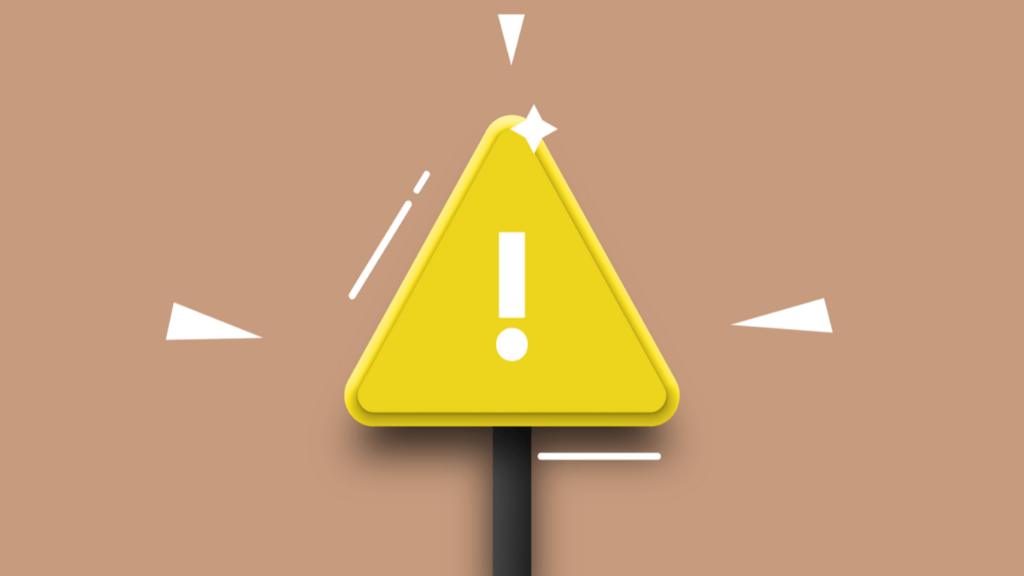As someone who has delved into the world of gambling, I understand the allure and excitement it can bring. However, there is a fine line between recreational gambling and developing a problem.
In this article, I’ll delve into the warning signs that indicate when gambling has crossed that line and become a serious issue. Gambling addiction can affect anyone, regardless of age, gender, or background.
It’s crucial to be able to recognize the red flags that signal a potential gambling problem. By being aware of these warning signs, you can take proactive steps to address the issue before it spirals out of control.
In the following sections, I’ll outline key indicators to watch for, helping you or someone you know identify problematic gambling behavior early on. Stay tuned to learn how to spot these signs and take necessary actions to address them effectively.
Understanding Problem Gambling
- Recognizing Warning Signs: Identifying key indicators of problematic gambling behavior is essential for early intervention and helps in addressing the issue before it escalates.
-
Proactive Prevention: Understanding these signs enables individuals to take proactive steps toward managing gambling habits, promoting healthier engagement in gaming activities.
Common Warning Signs
When it comes to recognizing problem gambling, it’s crucial to pay attention to common warning signs that may indicate an issue. By being aware of these signals, individuals can take proactive steps to address any concerns before they escalate.
Here are some common warning signs to watch out for:
Emotional Warning Signs
In my experience, emotional warning signs can often serve as red flags for problem gambling. Feelings of guilt, anxiety, or irritability related to gambling activities can indicate a deeper issue at hand. It’s essential to recognize and address these emotions to prevent further negative consequences.
Behavioral Warning Signs
In my observation, behavioral warning signs can be indicative of a gambling problem. Continuously lying about gambling activities, borrowing money to gamble, or neglecting responsibilities due to gambling are all behavioral cues that should not be ignored. These patterns of behavior can signal the need for intervention and support.
Impact on Individuals and Families
Gambling addiction can have devastating consequences on both individuals and their families. It’s important to understand the far-reaching impact of problem gambling to recognize the urgency of addressing it promptly.
For individuals, problem gambling can lead to severe financial strain and emotional distress. It can spiral into a cycle of debt, causing immense stress and anxiety. As someone caught in the grips of gambling addiction, regaining control over finances becomes increasingly challenging, often resulting in mounting debts and legal issues.
Furthermore, problem gambling can take a toll on mental health, leading to feelings of isolation, depression, and hopelessness. The constant urge to gamble and the inability to stop despite negative consequences can severely impact an individual’s overall well-being.
The effects of problem gambling extend beyond the individual to their families. Family members often bear the brunt of the consequences, facing emotional turmoil, financial instability, and strained relationships. The behavior associated with gambling addiction, such as lying, secrecy, and neglect, can erode trust within the family unit and lead to breakdowns in communication.
Moreover, children of individuals with gambling addiction may experience neglect, financial instability, and emotional trauma. Growing up in an environment overshadowed by gambling can have long-lasting effects on a child’s development and well-being, impacting their relationships and future outlook.
By recognizing the pervasive impact of problem gambling on individuals and families, it becomes apparent that early intervention and seeking help are imperative. Taking proactive steps to address gambling issues not only benefits the individual struggling with addiction but also helps mitigate the ripple effects on their loved ones.
Seeking Help for Problem Gambling
The first step in addressing problem gambling is recognizing the issue and seeking help promptly. Contacting a professional counselor or therapist with expertise in gambling addiction can offer valuable guidance and support.
Dedicated organizations and helplines provide essential resources, including information, counseling, and treatment programs for those facing gambling addiction. Taking advantage of these services can help individuals regain control over their gambling behavior and work towards recovery.
Support groups also play a significant role, offering a community where individuals can share experiences and receive encouragement on their journey. Additionally, family and friends contribute by fostering open communication, expressing concern, and providing non-judgmental support.
Seeking help for problem gambling is a powerful decision, enabling individuals to take control, improve their mental health, and rebuild strained relationships. This proactive step paves the way for a healthier, more fulfilling future.


